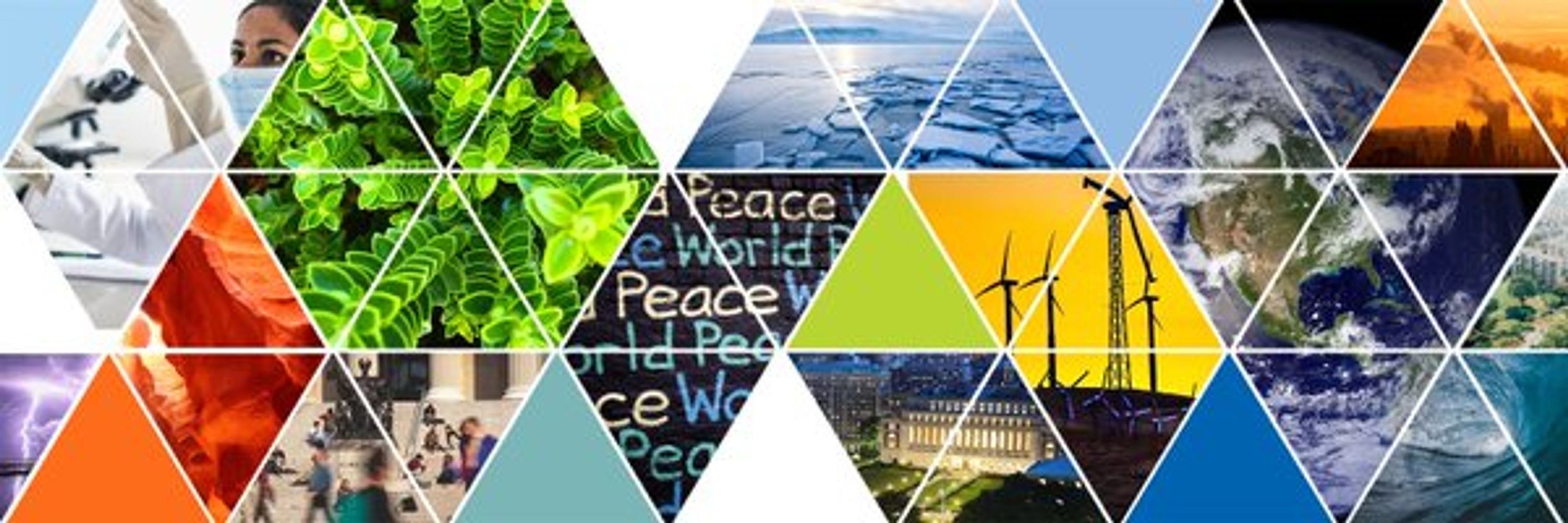Columbia Climate School
@climate.columbia.edu
2.6K followers
120 following
350 posts
Innovative education, groundbreaking research, and essential solutions for climate and sustainability (climate.columbia.edu).
Posts
Media
Videos
Starter Packs
Pinned
Reposted by Columbia Climate School
Reposted by Columbia Climate School
Reposted by Columbia Climate School
Reposted by Columbia Climate School
Reposted by Columbia Climate School
Reposted by Columbia Climate School
Reposted by Columbia Climate School
Reposted by Columbia Climate School
Reposted by Columbia Climate School























